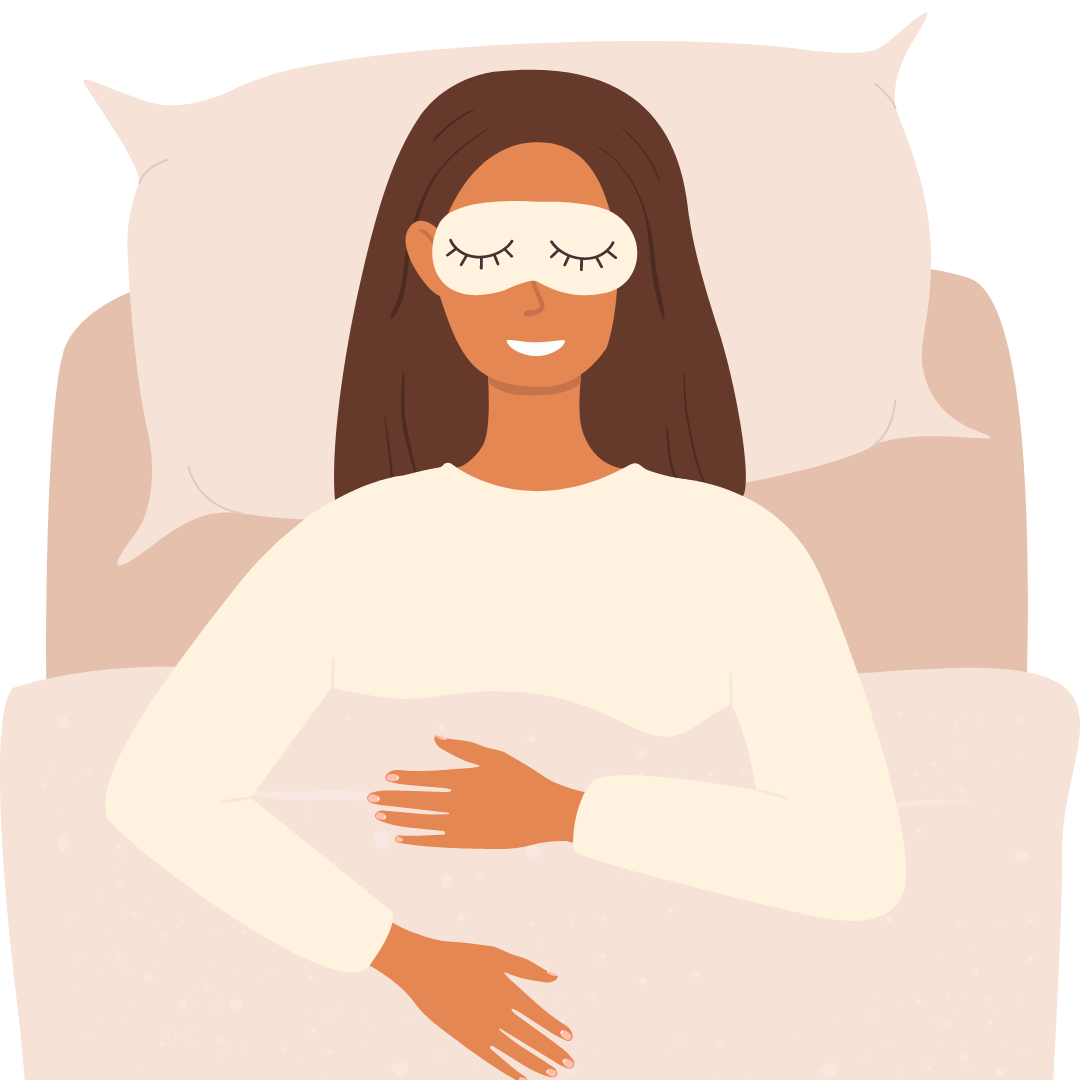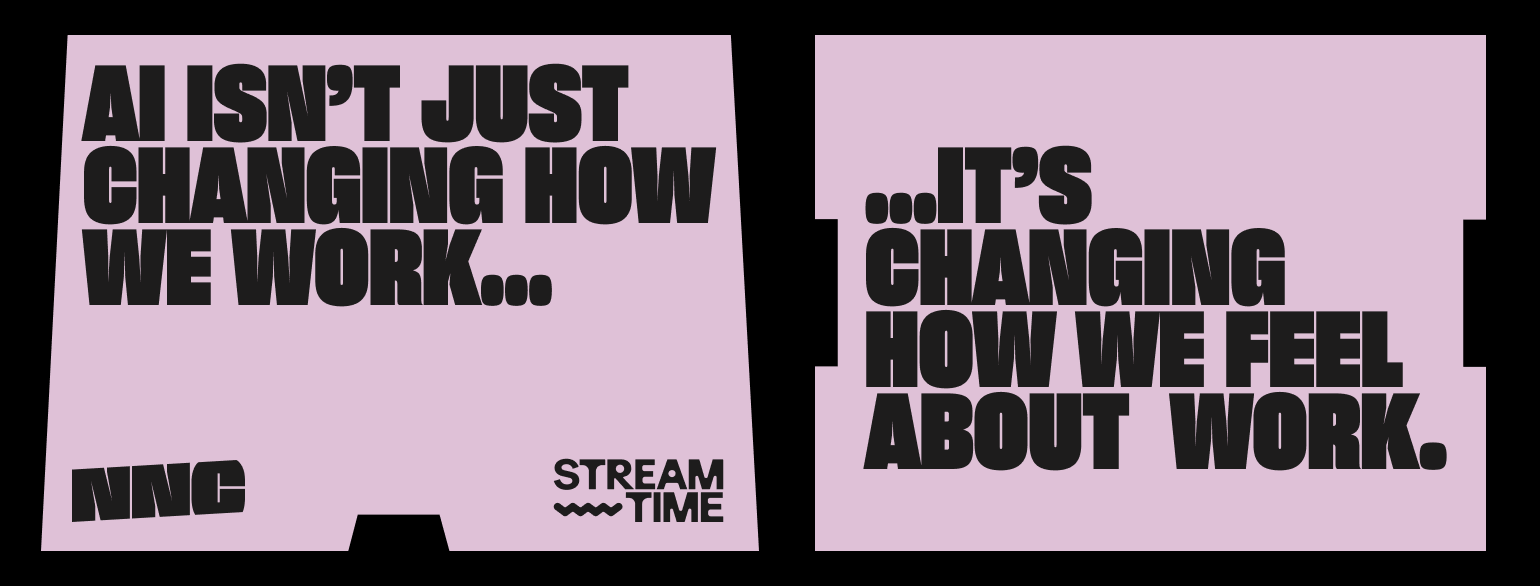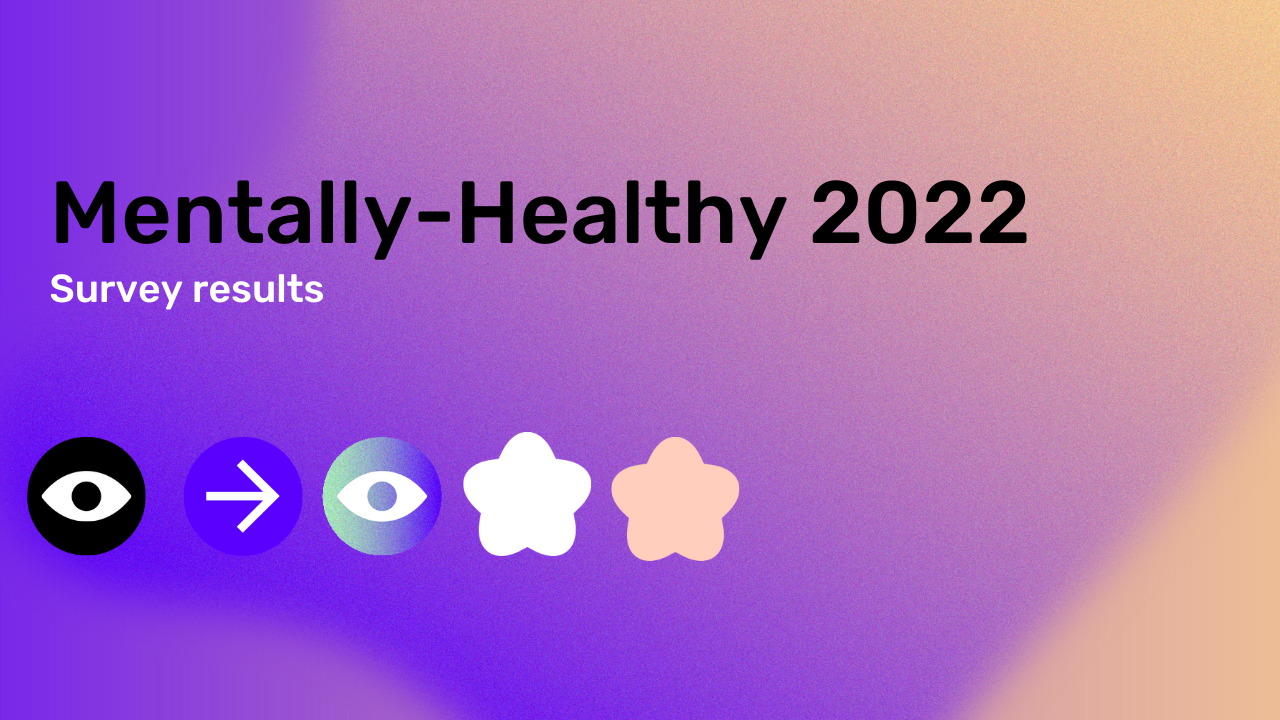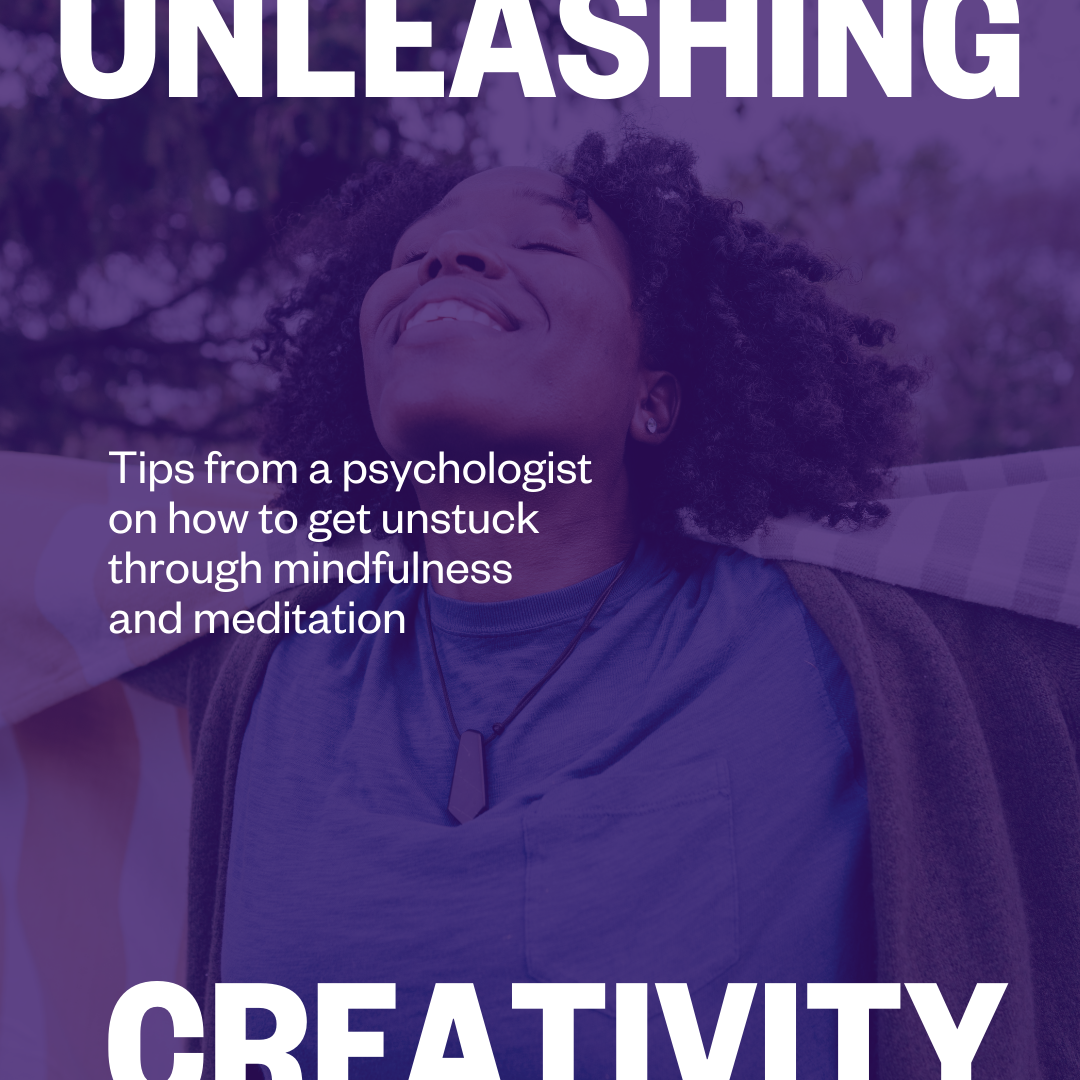Tips to help improve sleep quality

Why is sleep important?
According to our research, almost half of creatives struggle with getting a good night's sleep. It's often the first thing we sacrifice when life gets busy.
Sleep is a biological necessity and it helps to protect our brain and gives the body a chance to repair.
In fact, sleep has a bidirectional relationship with mental health problems, and poor sleep can be a risk factor for developing depression.
How to improve sleep?
- Caffeine has a half life of 3-5hours, which is the time taken for your body to eliminate it. You can improve your chances of sleeping well by limiting caffeine after 3pm.
- Artificial light (e.g. from screens) can delay the timing of the circadian clock and can suppress melatonin production, and thus interrupt sleep. Limiting screen time in the evenings (say from 8pm) can be helpful. Perhaps reading a book to wind down could help.
- Introduce a short 10min bedtime routine to help cue your body to wind down and relax e.g. meditation, reading a book, listening to calming music or deep belly breathing.
- Try to go to sleep and wake up at similar times of the day.
- Limit the number of activities you do in bed, such as eating, watching Netflix or working, to allow your brain to associate bed with sleep.
- Avoid daytime napping as it can confuse your body's 'sleep-wake-cycle.'
- See your GP if you haven't had a check up in a while and you've tried the aforementioned strategies and they haven't worked. Your GP can review any conditions or issues that could be affecting your sleep.
Author: Rebecca Tan, Community Manager @ NNC




